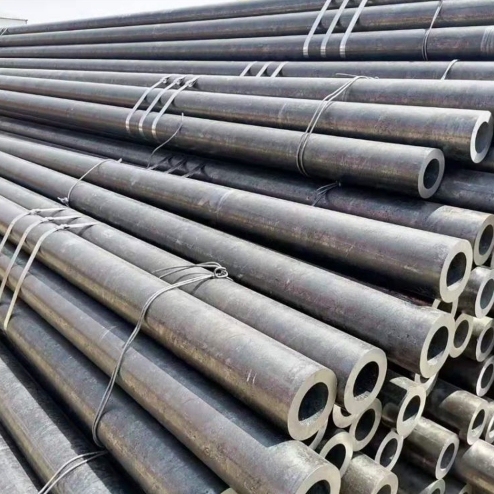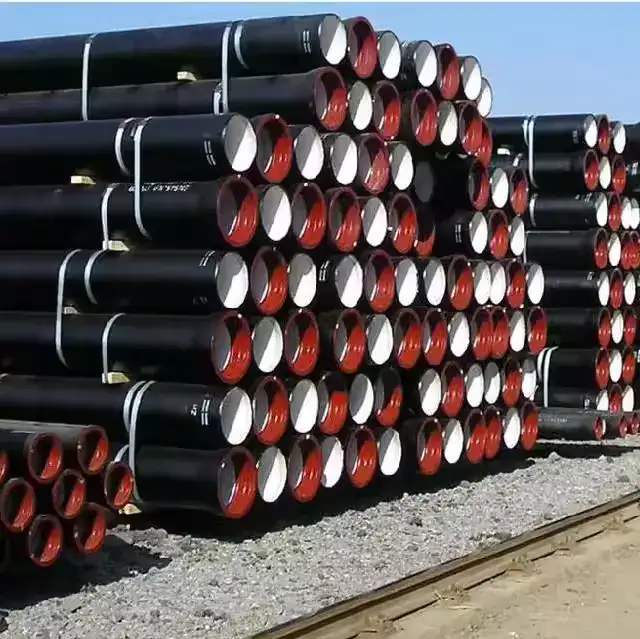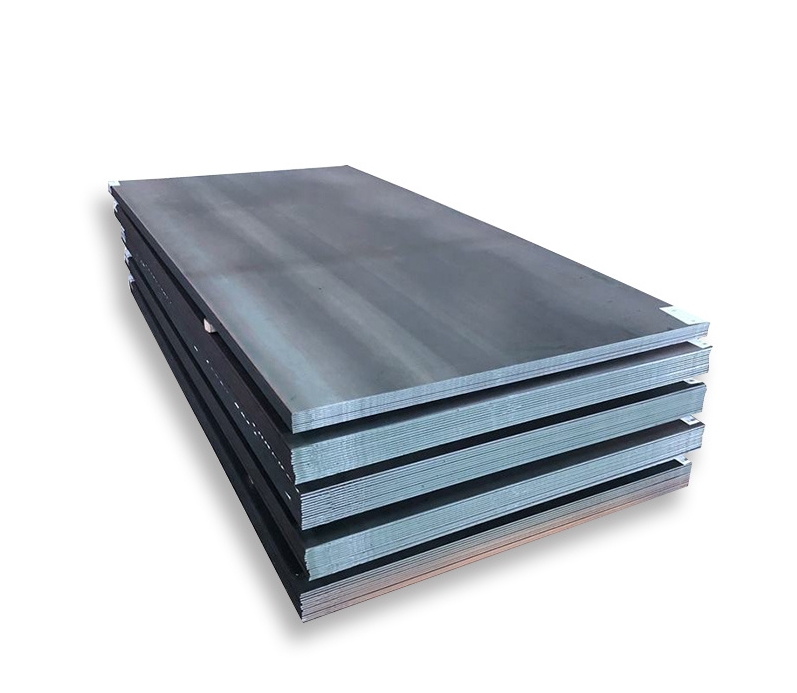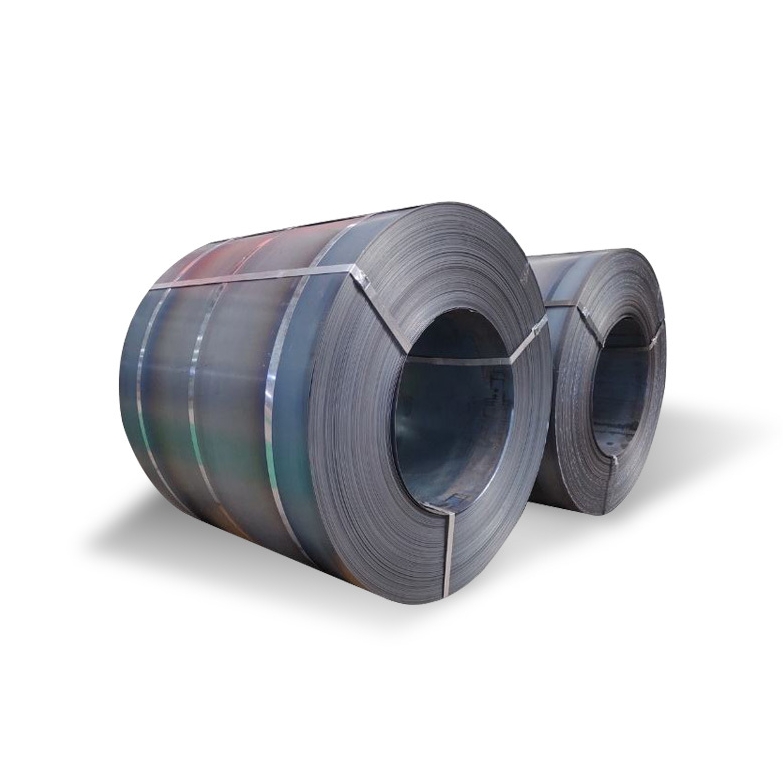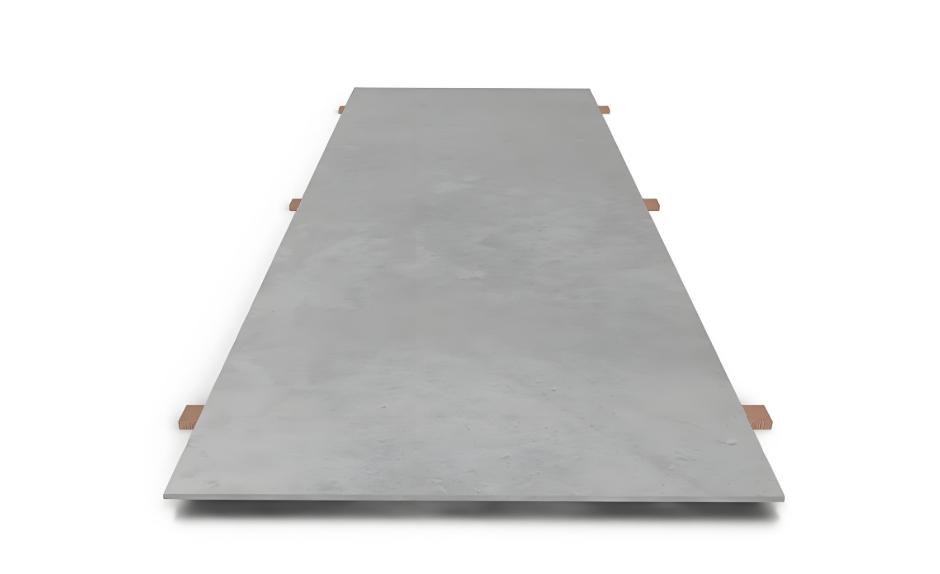P296GH is a non-alloy quality steel grade specified in the European standard EN 10028-2. It is primarily designed for use in pressure equipment operating at elevated temperatures. This steel is characterized by its good weldability and resistance to brittle fracture.
Key Characteristics of P296GH
P296GH steel plate offers several important features making it suitable for demanding applications:
- Elevated Temperature Performance: It is engineered to maintain its mechanical properties, such as yield and tensile strength, at elevated service temperatures typical in boilers and pressure vessels.
- Weldability: The material exhibits good weldability using conventional welding methods. However, depending on the thickness and specific welding procedures, preheating or post-weld heat treatment (PWHT) might be recommended to ensure optimal weld joint properties.
- Notch Toughness: P296GH possesses specified minimum impact energy values, indicating good resistance to brittle fracture, particularly at ambient and moderately low temperatures.
- Formability: It offers reasonable cold and hot forming capabilities, allowing for the fabrication of complex shapes.
Chemical Composition Overview
The chemical composition of P296GH is carefully controlled to achieve the desired balance of strength, weldability, and toughness. Key elements include (nominal values vary within standard limits):
- Carbon (C): Generally kept low to moderate to aid weldability and toughness.
- Manganese (Mn): Contributes to strength and deoxidation.
- Silicon (Si): Acts as a deoxidizer and improves strength.
- Phosphorus (P) and Sulphur (S): These elements are kept to very low levels as they can be detrimental to toughness and weldability.
Trace amounts of other elements like Aluminum (Al) for grain refinement may also be present. Reliable suppliers, such as Shanxi Luokaiwei Steel Company, ensure strict adherence to these compositional standards.
Mechanical Properties
P296GH steel is typically supplied in the normalized condition. The key mechanical properties include:
- Minimum Yield Strength (ReH): For plate thicknesses up to 16mm, the minimum yield strength is typically 295 MPa. This value decreases slightly for thicker plates.
- Tensile Strength (Rm): Generally ranges from 460 to 580 MPa.
- Elongation (A%): Minimum elongation values ensure adequate ductility.
- Impact Energy (KV2): Specified minimum impact energy values at various temperatures (e.g., 20°C, 0°C, -20°C) are guaranteed.
Mill test certificates provide actual values for each batch, and sourcing from reputable mills, sometimes facilitated by distributors like Shanxi Luokaiwei Steel Company, is crucial for quality assurance.
Typical Applications
Due to its properties, P296GH is extensively used in the fabrication of:
- Pressure vessels
- Boilers and steam generating equipment
- Heat exchangers
- Pressurized pipes and pipelines for hot fluids
- Storage tanks for gases and liquids under pressure
Its application is common in industries such as power generation, oil and gas, petrochemical, and chemical processing. The consistent performance of P296GH makes it a reliable choice; ensuring material traceability is a key consideration, often managed well by established steel providers. For large scale projects, consulting with entities like Shanxi Luokaiwei Steel Company can provide insights into material availability and specifications.
Supply Condition and Processing
P296GH steel plates are almost invariably supplied in the normalized condition (+N). Normalizing involves heating the steel to a specific temperature above its upper critical point, holding it for a period, and then cooling it in still air. This heat treatment refines the grain structure, improves mechanical properties (especially toughness), and relieves internal stresses.
Further processing such as cutting, machining, bending, and welding should be performed according to established good engineering practices, taking into account the material’s specific characteristics. When specific dimensions or testing requirements are needed, discussing these with the material supplier, potentially including organizations like Shanxi Luokaiwei Steel Company, is advisable.



